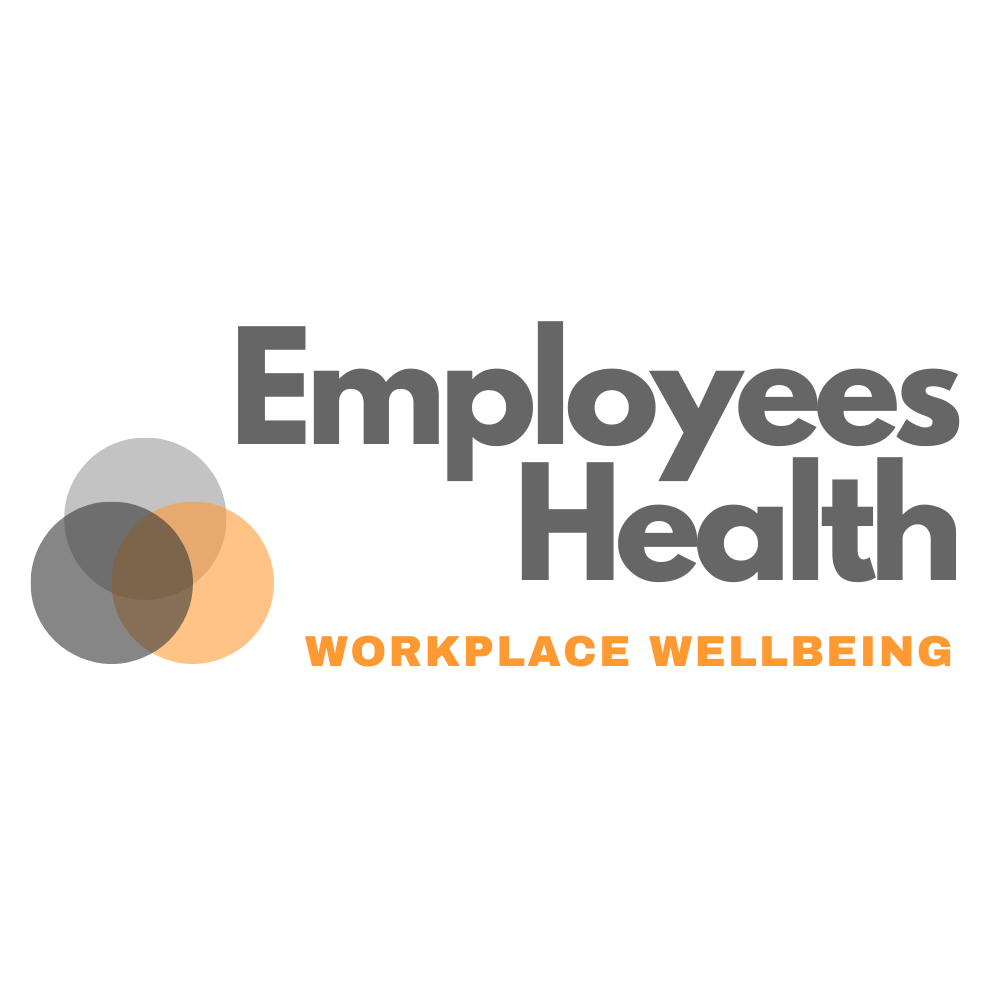
This week is Children’s Mental Health Week and this week, we are talking about whether a lack of optimism affecting our young people’s mental health, physical health, performance and success.
I have just recently read Martin Seligman’s brilliant book ‘Learned Optimism’. If you haven’t already read it, I can highly recommend you should.
As brief summary and without giving too many spoilers, the book talks about the fact that people who are less optimistic are more likely to suffer poor mental health and physical health as well as effects in performance in sports, work and education.
But what does this tell us?
The research states that pessimistic people (opposite to optimistic) perceive actions/outcomes as personal, specific and permanent which leads them blame themselves for misfortunes, attributing these failures to internal factors such as incompetence or stupidity. This in turn leads pessimistic people to self-deprecation, affecting mindset and mental health.
To illustrate this with an example, let’s use the good old Egg and spoon race.
As a child, we’ve all competed in this race on sports day and undoubtedly, we’ve all experienced that gut wrenching moment where we drop the egg, just before the finish line. According to Martin Seligman, the pessimistic child will believe he is at fault, thinking he is not very good at and will never be good at egg and spoon race and maybe even running or sport in general!
However, the optimistic child will look to attribute this failure to external factors which they do not have control over i.e., the speed of the wind or the unsteady running field. This type of attribution means that the egg falling will not have an effect on the child’s mental health and will not see himself as a failure.
So with this example you can see that how we talk to ourselves can have a massive effect on our mental health. If we are continuously blaming ourselves for our failures and not looking at all the contributing factors, we can soon end up feeling bad about ourselves.
It’s important to look at the whole picture in each scenario and realise that there is no blame. So my final point is If we can help children learn optimism from a young age that will set them up to be more resilient, happier, healthier and successful as they grow up.
If you want to work on your mental health, then there’s many ways we can help you at Employees Health. Just contact us by clicking below.
